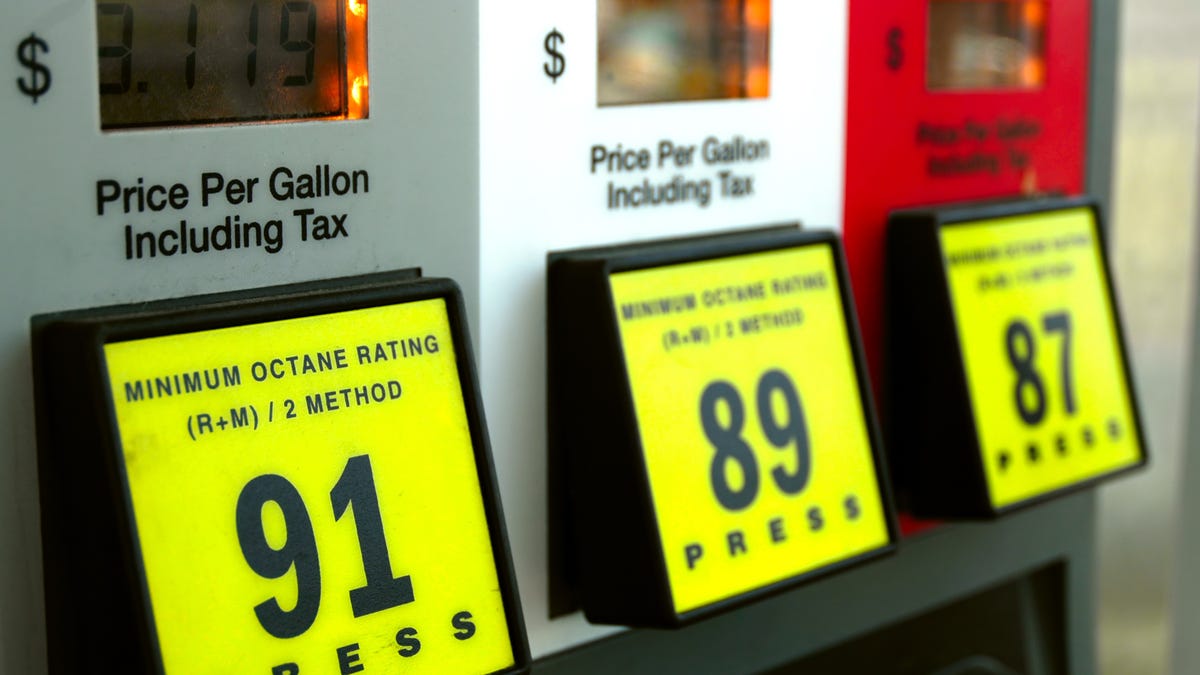
Why do gas prices fluctuate so much? Gas prices can change rapidly due to several factors. Supply and demand play a huge role. When more people need gas, prices go up. If there's a lot of gas available, prices drop. Crude oil prices also matter since gas is made from crude oil. When crude oil prices rise, gas prices follow. Natural disasters like hurricanes can damage refineries, causing prices to spike. Political events and global conflicts can disrupt oil supplies, leading to higher prices. Seasonal changes affect prices too; summer often sees higher prices due to increased travel. Understanding these factors helps explain why gas prices are always on the move.
The Basics of Gas Prices
Understanding gas prices involves more than just looking at the numbers on the pump. Various factors influence these prices, from crude oil costs to geopolitical events.
-
Crude Oil Prices: The primary factor affecting gas prices is the cost of crude oil. When crude oil prices rise, gas prices typically follow suit.
-
Supply and Demand: Basic economics play a role. High demand or low supply can drive prices up, while low demand or high supply can push them down.
-
Refining Costs: Turning crude oil into gasoline involves refining, which adds to the overall cost. Different types of crude oil require different refining processes, affecting prices.
-
Distribution and Marketing: Getting gasoline from refineries to gas stations involves transportation and marketing costs, which are factored into the price.
-
Taxes: Federal, state, and local taxes significantly impact gas prices. Some states have higher taxes, leading to higher prices at the pump.
Historical Trends in Gas Prices
Gas prices have fluctuated over the years due to various factors. Understanding these trends can provide insight into future price movements.
-
1970s Oil Crisis: The 1973 oil embargo by OPEC led to a significant spike in gas prices, causing long lines at gas stations and a shift in consumer behavior.
-
2008 Financial Crisis: Gas prices peaked in 2008, reaching over $4 per gallon in some areas, before plummeting due to the global financial crisis.
-
COVID-19 Pandemic: The pandemic caused a dramatic drop in gas prices in 2020 as lockdowns reduced travel and demand for gasoline.
-
Seasonal Variations: Gas prices often rise in the summer due to increased travel and the switch to more expensive summer-blend gasoline.
-
Hurricane Impacts: Natural disasters like hurricanes can disrupt oil production and refining, leading to temporary spikes in gas prices.
Global Influences on Gas Prices
Gas prices are not just influenced by domestic factors. Global events and policies also play a significant role.
-
OPEC Decisions: The Organization of the Petroleum Exporting Countries (OPEC) can influence global oil prices by adjusting their production levels.
-
Geopolitical Tensions: Conflicts in oil-producing regions can disrupt supply and cause prices to rise. For example, tensions in the Middle East often lead to price spikes.
-
Currency Exchange Rates: Oil is traded globally in U.S. dollars. Fluctuations in exchange rates can affect the cost of oil for other countries, impacting global gas prices.
-
Technological Advances: Innovations in drilling and extraction, such as fracking, have increased oil supply, affecting global prices.
-
Environmental Policies: Regulations aimed at reducing carbon emissions can impact oil production and refining, influencing gas prices.
The Future of Gas Prices
Predicting future gas prices involves considering a range of factors, from technological advancements to policy changes.
-
Electric Vehicles (EVs): The rise of EVs could reduce demand for gasoline, potentially lowering prices in the long term.
-
Renewable Energy: Increased investment in renewable energy sources may decrease reliance on oil, impacting gas prices.
-
Government Policies: Future policies aimed at reducing carbon emissions or promoting alternative energy sources could influence gas prices.
-
Technological Innovations: Advances in fuel efficiency and alternative fuels could reduce gasoline demand, affecting prices.
-
Global Economic Trends: Economic growth or recession in major economies can influence global oil demand and prices.
Consumer Tips for Managing Gas Costs
While gas prices are largely out of individual control, there are ways to manage and reduce fuel costs.
-
Fuel-Efficient Vehicles: Choosing a vehicle with better fuel efficiency can save money on gas in the long run.
-
Regular Maintenance: Keeping your vehicle well-maintained can improve fuel efficiency, reducing overall gas costs.
-
Driving Habits: Avoiding rapid acceleration and maintaining a steady speed can improve fuel efficiency.
-
Carpooling: Sharing rides with others can significantly reduce individual fuel costs.
-
Gas Price Apps: Using apps to find the cheapest gas in your area can help save money at the pump.
Final Thoughts on Gas Prices
Gas prices are a rollercoaster. They’re influenced by global events, supply and demand, and government policies. Understanding these factors can help you make better decisions at the pump. Keep an eye on oil production trends, geopolitical tensions, and seasonal changes. These elements often signal upcoming price shifts.
Remember, fuel efficiency and alternative transportation options can save you money. Carpooling, public transit, and even biking are great ways to cut costs. Also, consider using apps to find the cheapest gas in your area.
Staying informed about gas prices isn’t just about saving a few bucks. It’s about being prepared for changes that can impact your daily life. So, keep learning, stay alert, and make smart choices. Your wallet will thank you.
Was this page helpful?
Our commitment to delivering trustworthy and engaging content is at the heart of what we do. Each fact on our site is contributed by real users like you, bringing a wealth of diverse insights and information. To ensure the highest standards of accuracy and reliability, our dedicated editors meticulously review each submission. This process guarantees that the facts we share are not only fascinating but also credible. Trust in our commitment to quality and authenticity as you explore and learn with us.
